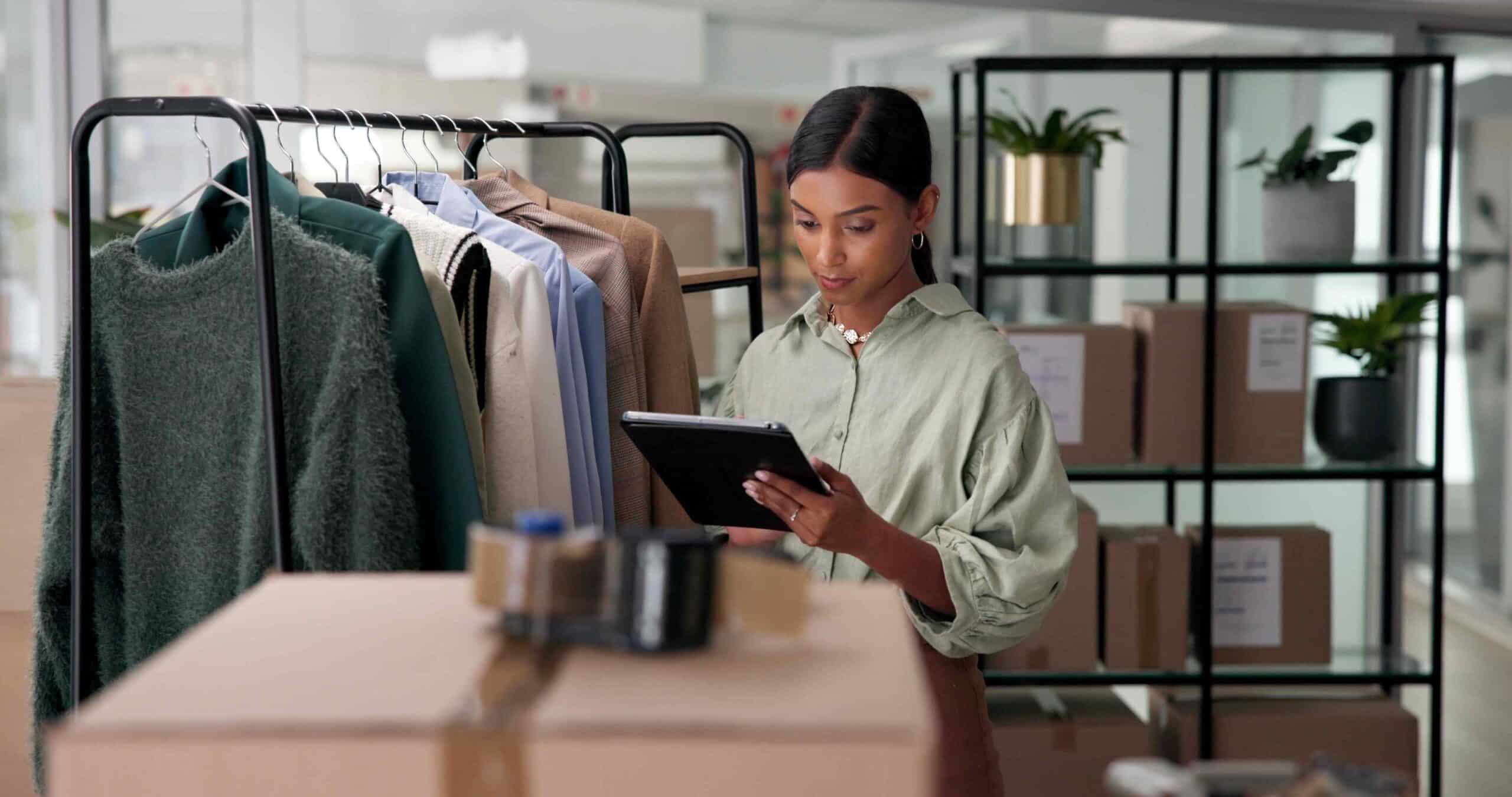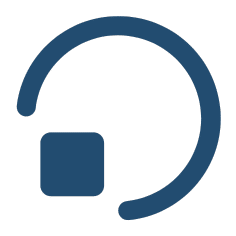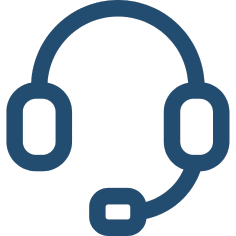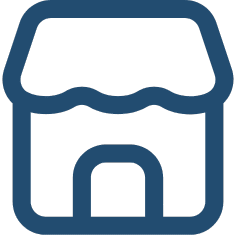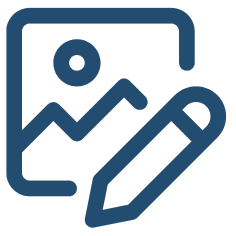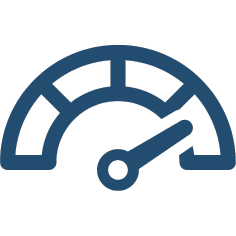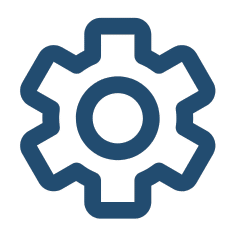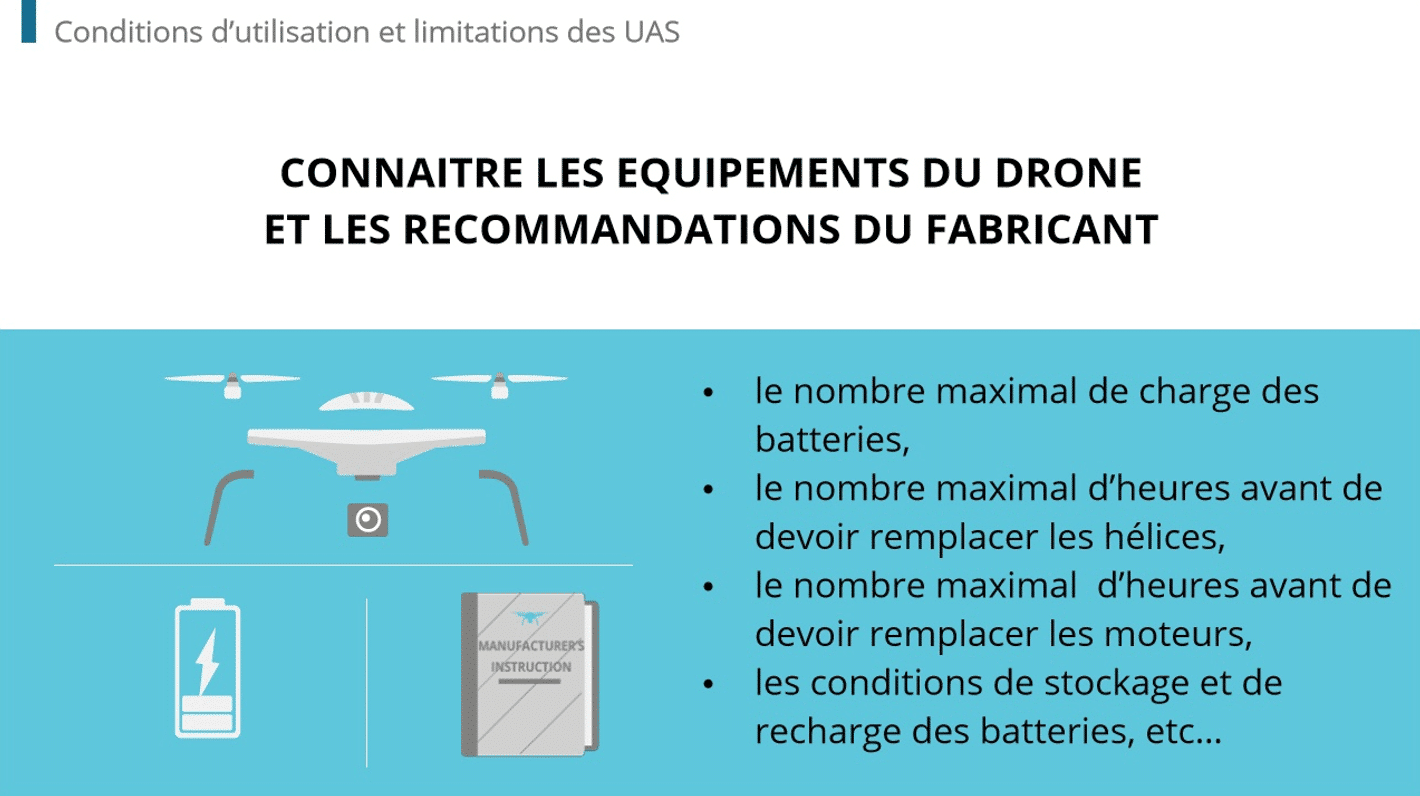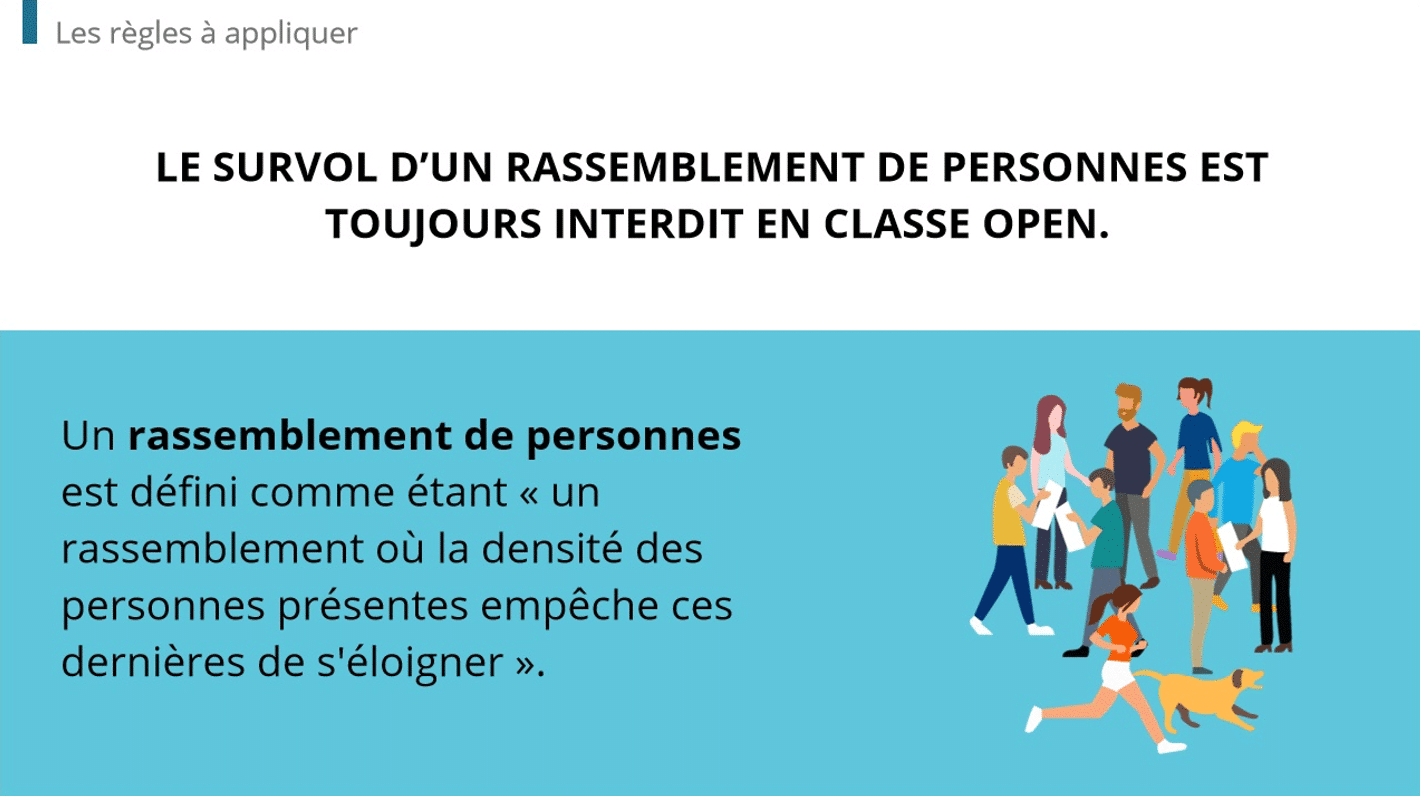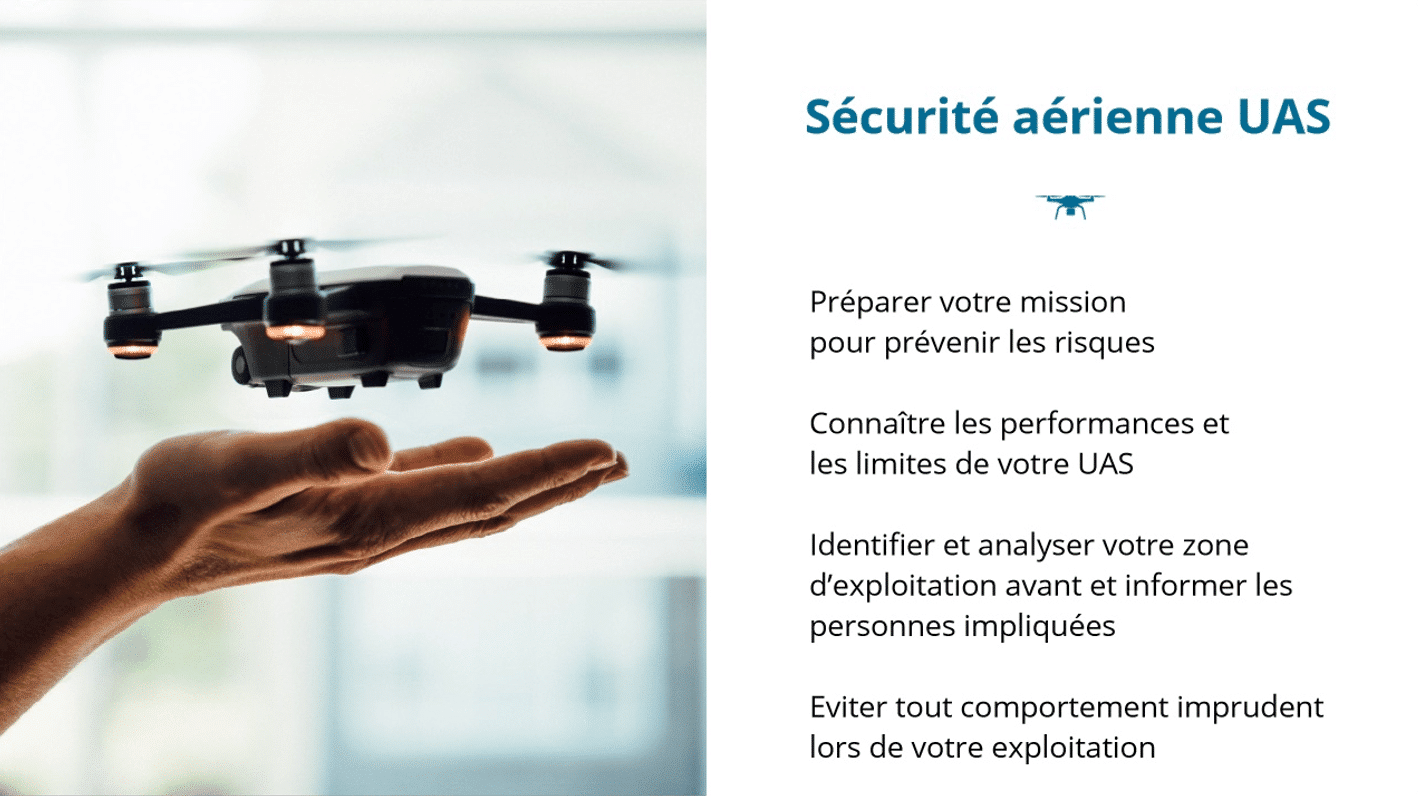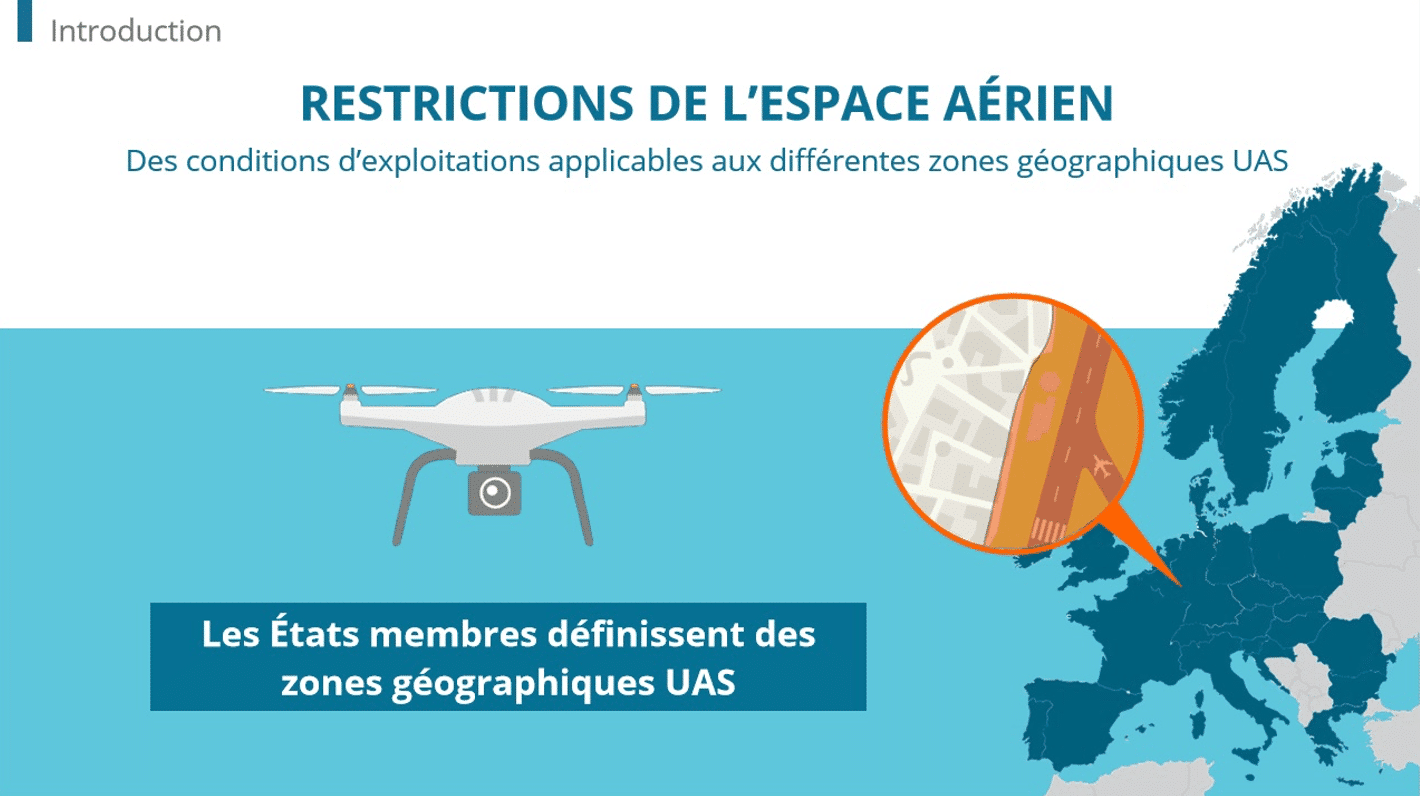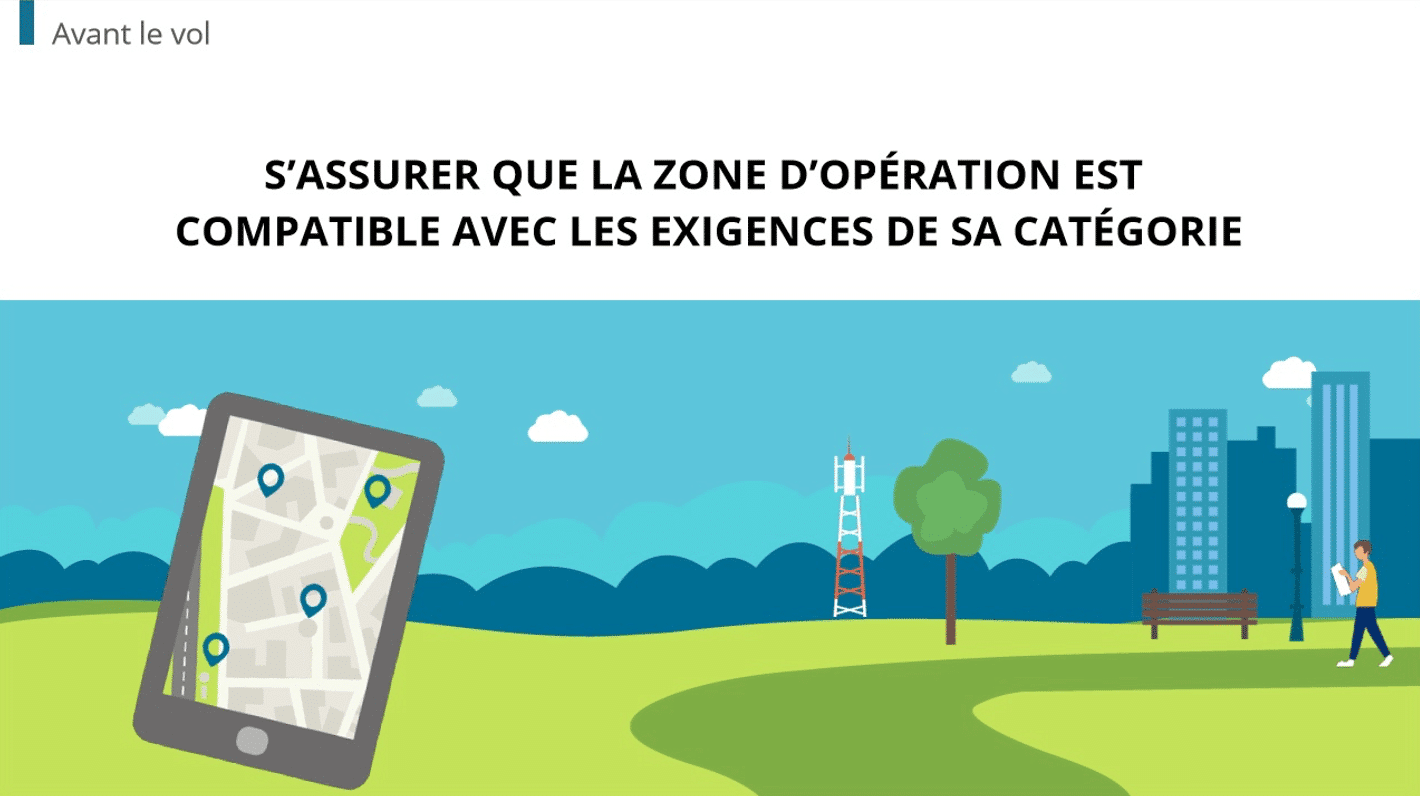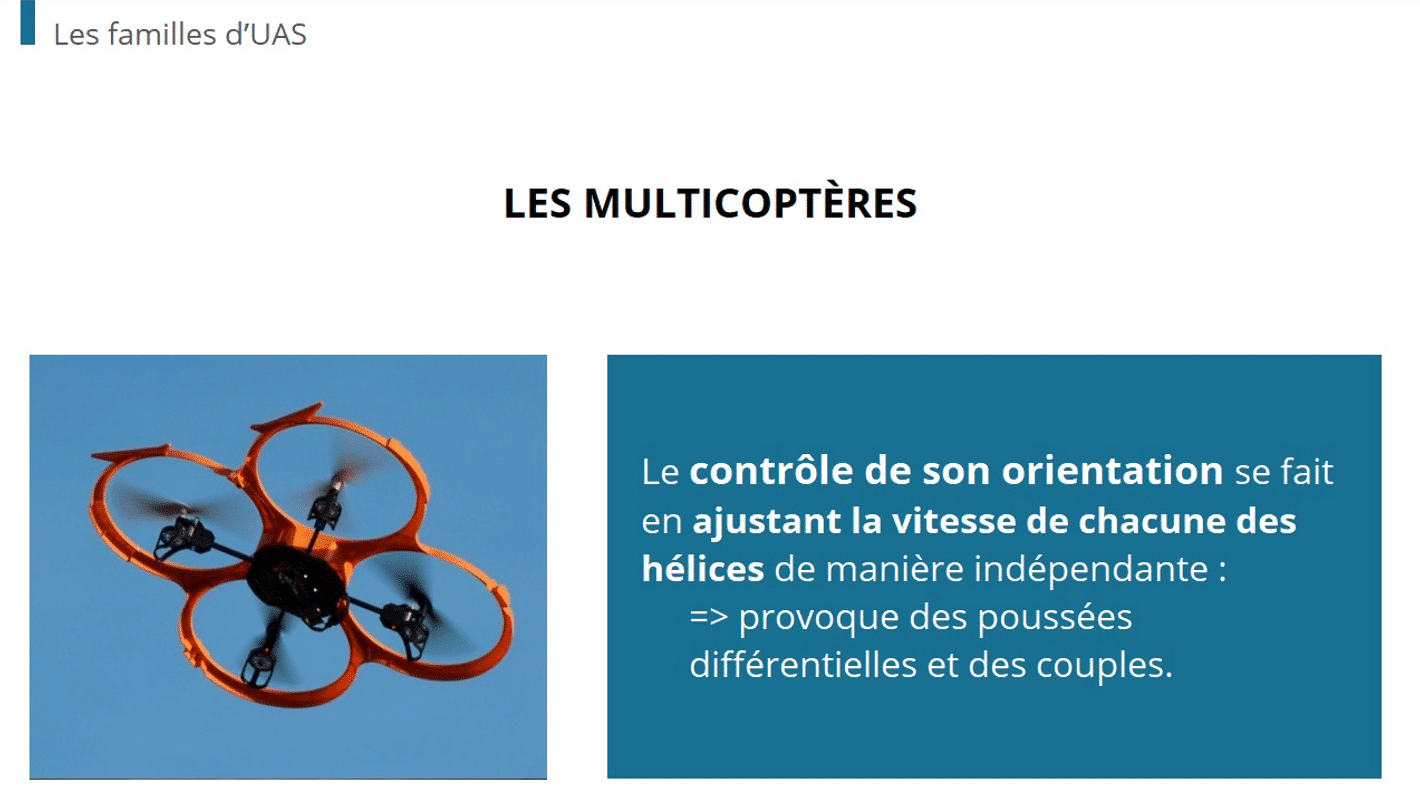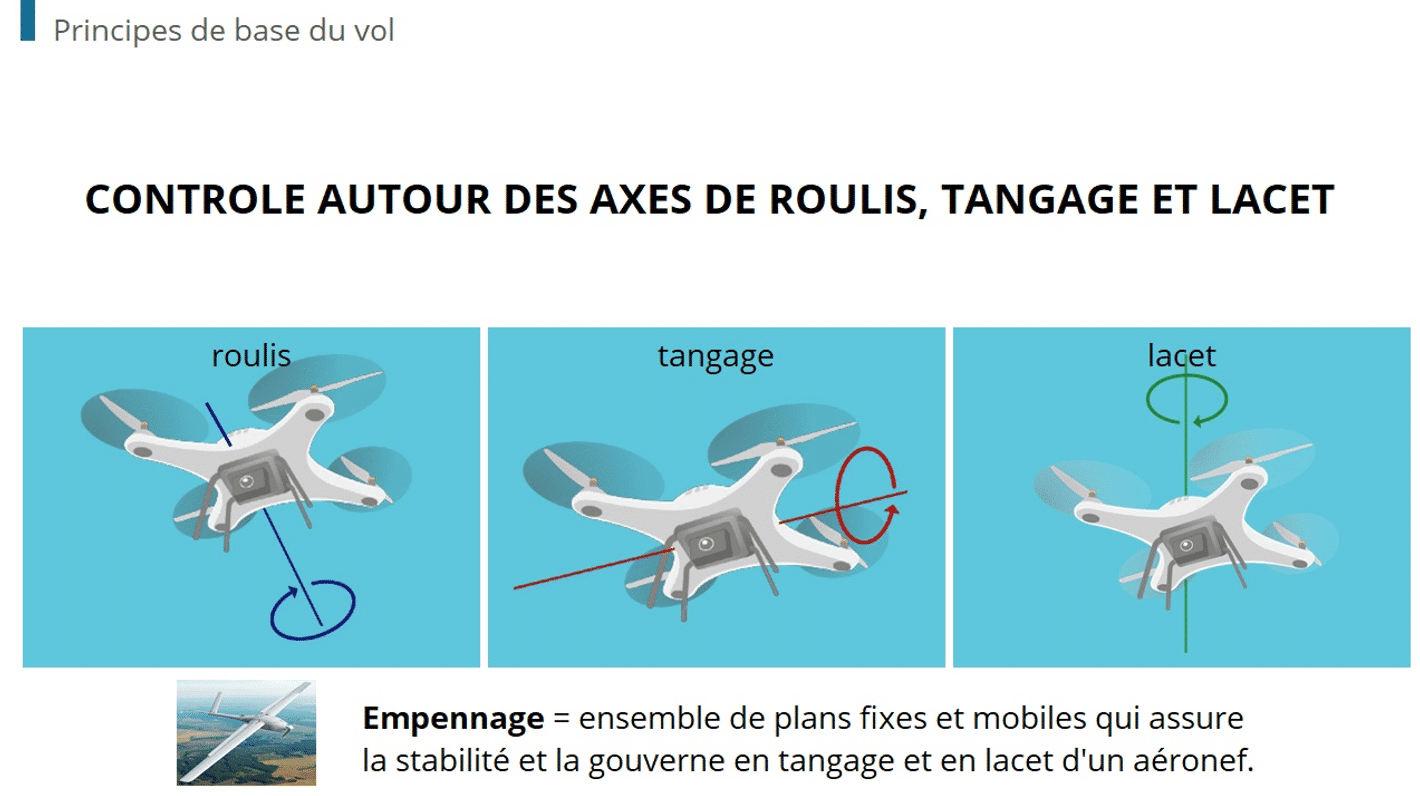The retail industry is vast and diverse. From fashion to food service, from small franchises to global brands, retailers face the same challenge: training employees quickly and consistently across a decentralized network. In such a fast-paced environment, a Learning Management System (LMS) has become essential. But what kind of LMS actually works for retail? The answer matters: according to the OECD, companies that invest in training see productivity gains of 10–15%.
Why Retail Needs an LMS
In retail, time is always short. A new hire might start on Monday and be expected to serve customers independently by Thursday. Training must fit into hectic schedules, tight staffing, and constant customer flow. Unlike in corporate settings, retail training often happens without a dedicated trainer, especially in franchise stores.
On top of that, retail networks evolve constantly. New products, promotions, and campaigns are rolled out monthly—sometimes weekly. Training content must be updated just as fast, and delivered in a way that ensures all employees, whether permanent staff or seasonal hires, receive the same information at the same time.
That’s why digital training is no longer optional. But not just any e-learning will do. In retail, the LMS must be:
- Easy to use, even for employees with little digital experience.
- Accessible on mobile, since most store associates don’t have computers—or even professional email addresses.
- Scalable across multiple stores and regions, while allowing local customization.
For franchises in particular, the LMS must balance centralized brand control with local flexibility. A franchisee needs turnkey content but also the freedom to adapt it to local teams and business goals.
A Practical Example
Imagine a brand launching a new product line. The corporate team wants every store associate to be ready with the right sales pitch. The LMS should allow headquarters to release a 3-minute video plus a quick quiz. Local managers can then track who watched it, who passed the quiz, and who needs a reminder. Meanwhile, sales data can be connected to training results, measuring the real business impact.
Key Features of a Retail LMS
For employees:
- Mobile-first design: Training must work on smartphones and tablets.
- Microlearning: Short videos, quizzes, and interactive modules that fit into a few spare minutes.
- Personalized learning paths: Different content for store associates, managers, seasonal staff, or temps.
- Offline access: Essential for employees in stores with poor connectivity.
For the company:
- Tracking & reporting: Monitor engagement, completions, and knowledge gaps by store, region, or role.
- Integration: Connect with existing HR systems, scheduling tools.
- Multi-level management: Headquarters sets brand standards, while local managers adapt training for their teams.
- Impact measurement: Link training completion to key KPIs such as sales conversion, customer satisfaction, or average basket size.
Best Practices for Choosing a Retail LMS
- Test in real conditions
Don’t rely only on vendor demos. Test the LMS in an actual store: mobile access, offline mode, no-email logins, multi-site management. - Involve your managers
Store and regional managers know the daily operational challenges. Include them in the evaluation and testing process. - Prioritize personalization
Your brand has unique products, processes, and customer interactions. Choose an LMS that offers white-labeling and the ability to tailor content to your specific retail culture. - Support franchise models
Look for an LMS that enables both centralized control and decentralized autonomy. Franchisees need dashboards, reporting, and local flexibility while staying aligned with brand standards. - Focus on inclusion
An LMS should work even for employees without corporate email addresses. This feature alone can determine adoption rates in frontline retail.
Why Dokeos Works for Retail
Dokeos LMS is designed to handle the realities of retail: fast onboarding, decentralized teams, and frequent product launches. Our clients include brands like Ora, KeepCool, Alinéa, and O’Tacos, who rely on Dokeos to:
- Deliver mobile-first training to thousands of employees.
- Enable franchisees to manage their own teams while staying aligned with brand HQ.
- Provide reporting dashboards that link learning activity to sales performance.
What sets us apart is not just the platform—it’s our expertise. Our consultants work closely with each client to tailor the LMS to their network, pace of business, and training priorities.
Ready to see how Dokeos can transform training in your retail organization? Book a demo today.
Frequently Asked Questions about LMS for Retail
1. Why do retailers need a Learning Management System (LMS)?
Retailers manage large, dispersed workforces. An LMS centralizes training, ensures compliance with regulations, and helps onboard employees faster while improving customer service.
2. How does Dokeos LMS support retail compliance training?
Dokeos ensures that every training program meets strict legal and industry requirements. It tracks completion, certifications, and audit trails so retailers can prove compliance at any time.
3. Can Dokeos LMS train employees without company email addresses?
Yes. Many retail employees don’t use a professional email. Dokeos makes access easy through unique IDs, QR codes, or mobile logins, so no one is left out.
4. How does Dokeos LMS work with high employee turnover in retail?
Dokeos speeds up onboarding with pre-built training paths, accessible on any device. This helps retailers train new hires quickly and consistently, reducing turnover costs.
5. Is Dokeos LMS mobile-friendly for in-store staff?
Absolutely. Dokeos is designed for mobile access with offline features, making it easy for employees on the shop floor to complete training anytime, anywhere.
6. How does Dokeos LMS improve retail performance?
By combining compliance, product knowledge, and customer service training, Dokeos helps retail teams deliver consistent brand experiences and boost sales performance.

